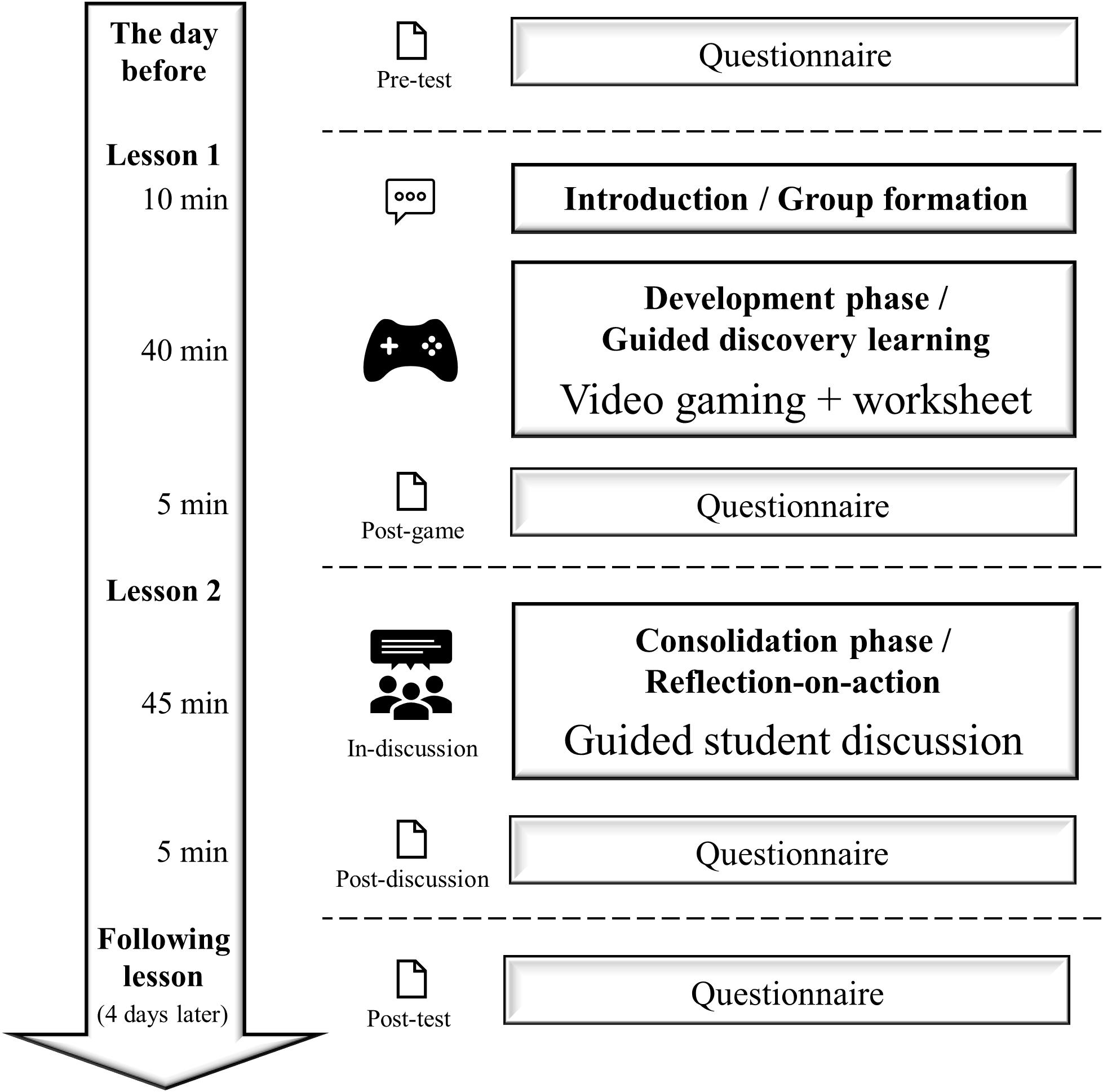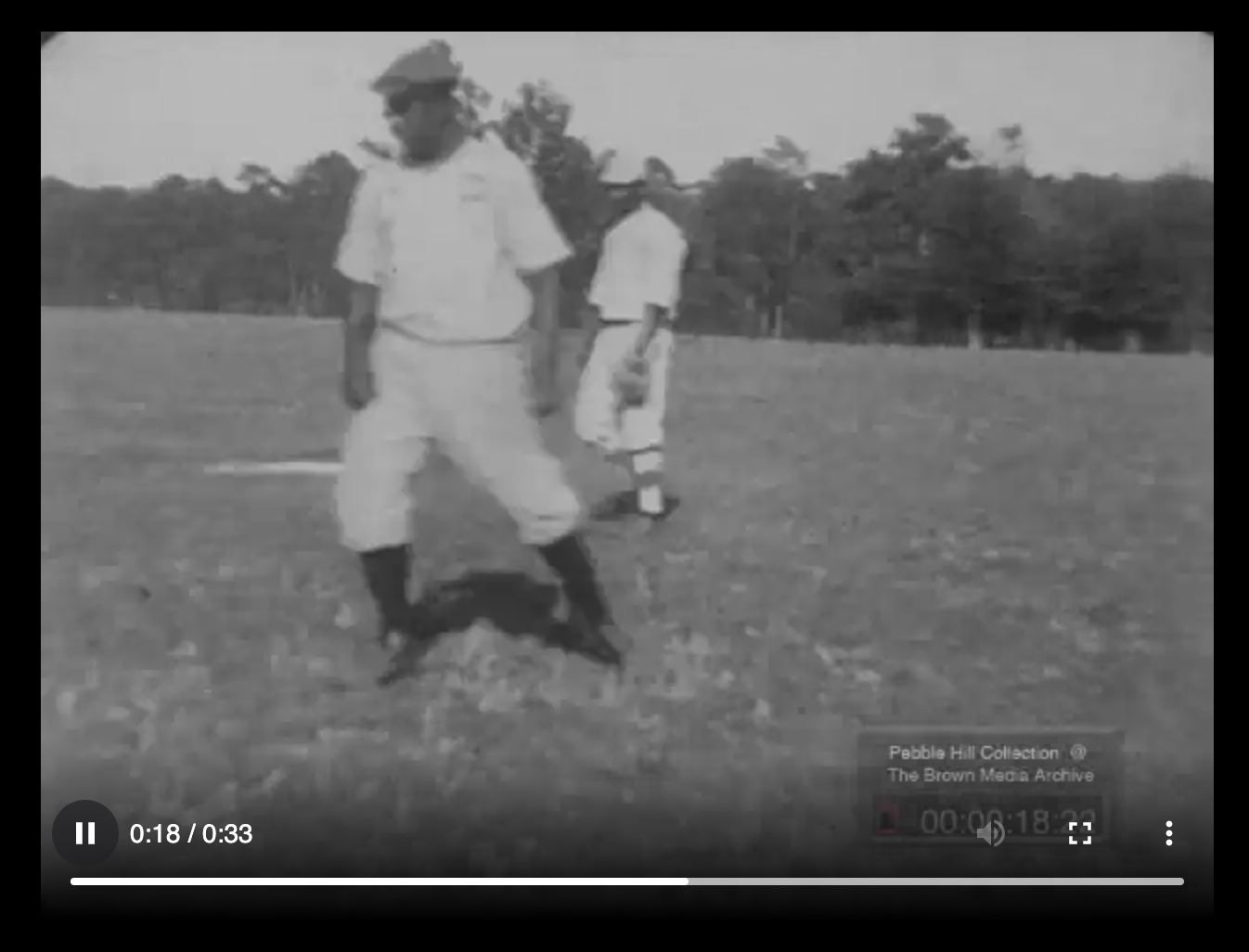

Every player has the same opportunity to roll the dice and advance (unless they go to jail). In the game of Monopoly the playing field is equal, every player starts the game with the same amount of money. The game ends when one player has successfully ‘monopolized’ (owns) all the money and property. Thus, there is an element of skill (players must choose when to buy or trade property, when to build houses or hotels) and an element of chance (the roll of the dice).


Players move around a game board by the a roll of the dice. Each player starts with the same amount of money from which to buy property and build homes or hotels. Monopoly Board Game Credit: By fir0002flagstaffotos Canon 20D + Canon 70-200mm f/2.8 L – Own work, GFDL 1.2, of us have played the popular game Monopoly, where players compete to gain control of all the money and property. That period (roughly 1870-1900) shares much with our present time: economic inequality and technological innovation conspicuous consumption and philanthropy monopolistic power and populist rebellion two presidential elections in which the popular vote loser won (Hayes in 1876 and Harrison in 1888) and change - constant, exhilarating, frightening.” “ History doesn’t repeat itself,’’ Mark Twain supposedly observed, “but it often rhymes.” That may explain why the period that Twain dubbed “the Gilded Age” seems so familiar today. Where do we go from here? How do we address systemic inequality that has led to poverty and injustice? We are witnessing how a pandemic has reduced many families to poverty. Yet today we see protests and riots by citizens who are angry with the systemic injustice and inequality that still exists within our country. At least one delegate refused to sign because the Constitution codified and protected slavery and the slave trade.” Two hundred and thirty three years ago a majority of our founding fathers signed a document that would become the guide for our union, laying out ideals of how they believed we should live together. ” Only thirty-nine of the fifty-five delegates to the convention actually signed the new document, with many of those who refused to sign objecting to the lack of a bill of rights. This month we celebrate the signing of the US Constitution on September 17, 1787.

The widespread existence of inequality, poverty, and injustice in our society disproves the American constitution, that “We hold these truths to be self-evident, that all men are created equal, that they are endowed by their Creator with certain unalienable Rights, that among these are Life, Liberty and the Pursuit of Happiness.” Even if we were to change the language to “all persons are created equal” we still have to acknowledge that America is far from equal. Without wealth we also lack access to justice because we can’t afford to hire legal representation when we need it. When our access to resources or wealth are insufficient to meet our needs we enter a state called poverty, a lack of material wealth. Inequality occurs when there is a disproportionate distribution of resources, wealth, or legal status in a society. Photographer Johnny Miller has successfully achieved a method of visualizing inequality-by using a drone to spotlight from above how rich and poor can inhabit spaces that are right next to each other, but so different.” “Depicting a topic as expansive as inequality in a single frame is a challenge, especially since unequal experiences are often lived adjacently, but separately.


 0 kommentar(er)
0 kommentar(er)
